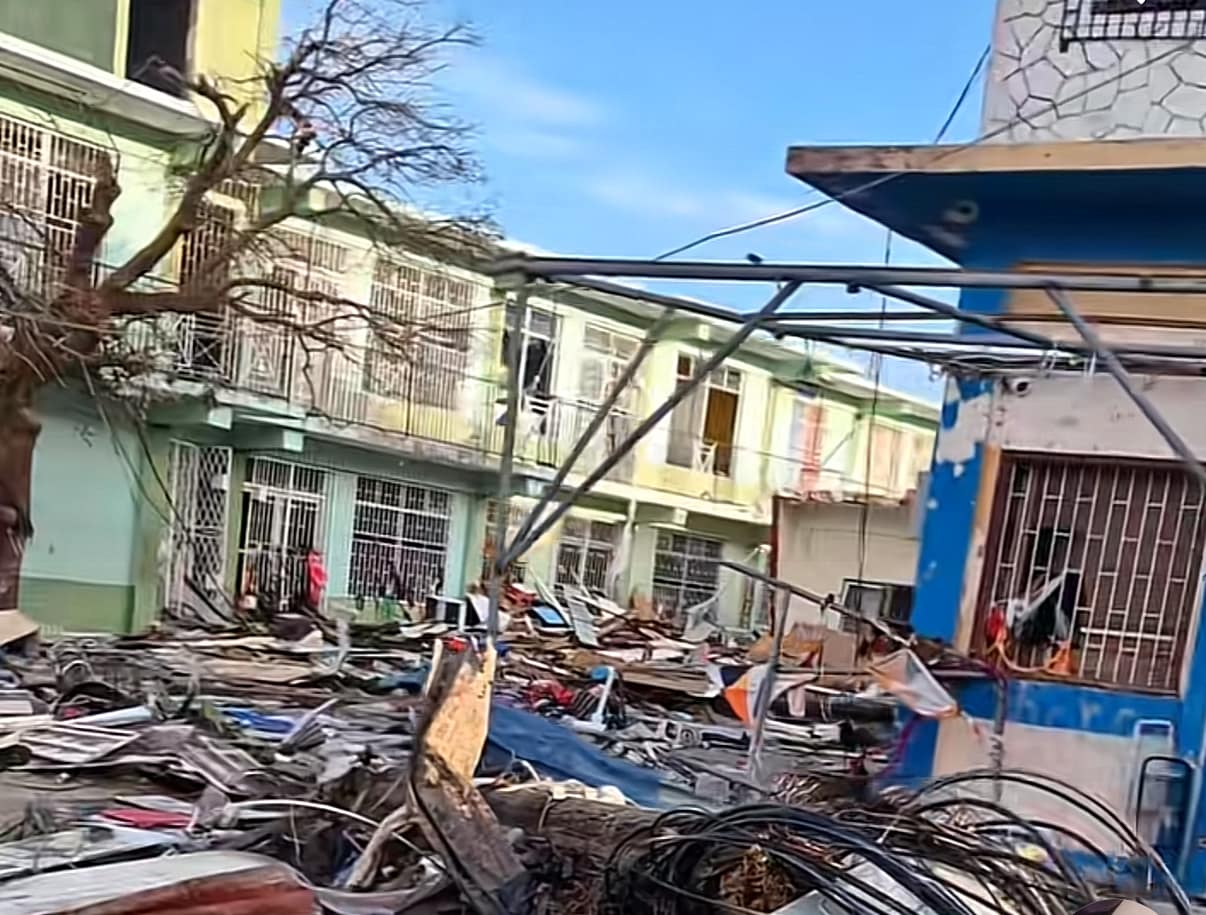A groundbreaking study led by scientists from The University of the West Indies (The UWI) has confirmed that human-induced climate change significantly intensified Hurricane Melissa, making it one of the most destructive storms to hit the Caribbean in recent history. The research, conducted in collaboration with the World Weather Attribution (WWA), analyzed data from Jamaica and eastern Cuba, revealing that climate change made the atmospheric and oceanic conditions behind the storm six times more likely. Hurricane Melissa, which struck the region in late October 2025, rapidly intensified from 68 to 140 miles per hour within a single day, leaving at least 75 people dead, displacing thousands, and causing billions of dollars in economic losses. The study, involving 20 researchers from institutions across Jamaica, Cuba, Ireland, the Netherlands, the United Kingdom, the United States, and Austria, utilized advanced modeling techniques to assess the storm’s rainfall, wind speeds, and environmental conditions. Findings indicate that climate change increased Melissa’s maximum wind speeds by 7% and extreme rainfall by 16%. Historical data also shows that maximum rainfall over five days in Jamaica and eastern Cuba is now 20-50% higher than in pre-industrial times. Dr. Jayaka Campbell of The UWI Mona Campus emphasized the urgency of the findings, calling for Melissa to serve as a turning point in climate action. Co-author Friederike Otto of Imperial College warned that without significant reductions in fossil fuel use, such storms will push vulnerable communities beyond adaptation limits. The UWI scientists are now working to ensure their findings inform regional negotiators ahead of COP meetings, advocating for resilient infrastructure and adaptation strategies to mitigate future disasters.
UWI Scientists Co-Author Study That Finds Climate Change Enhanced Hurricane Melissa’s Intensity
